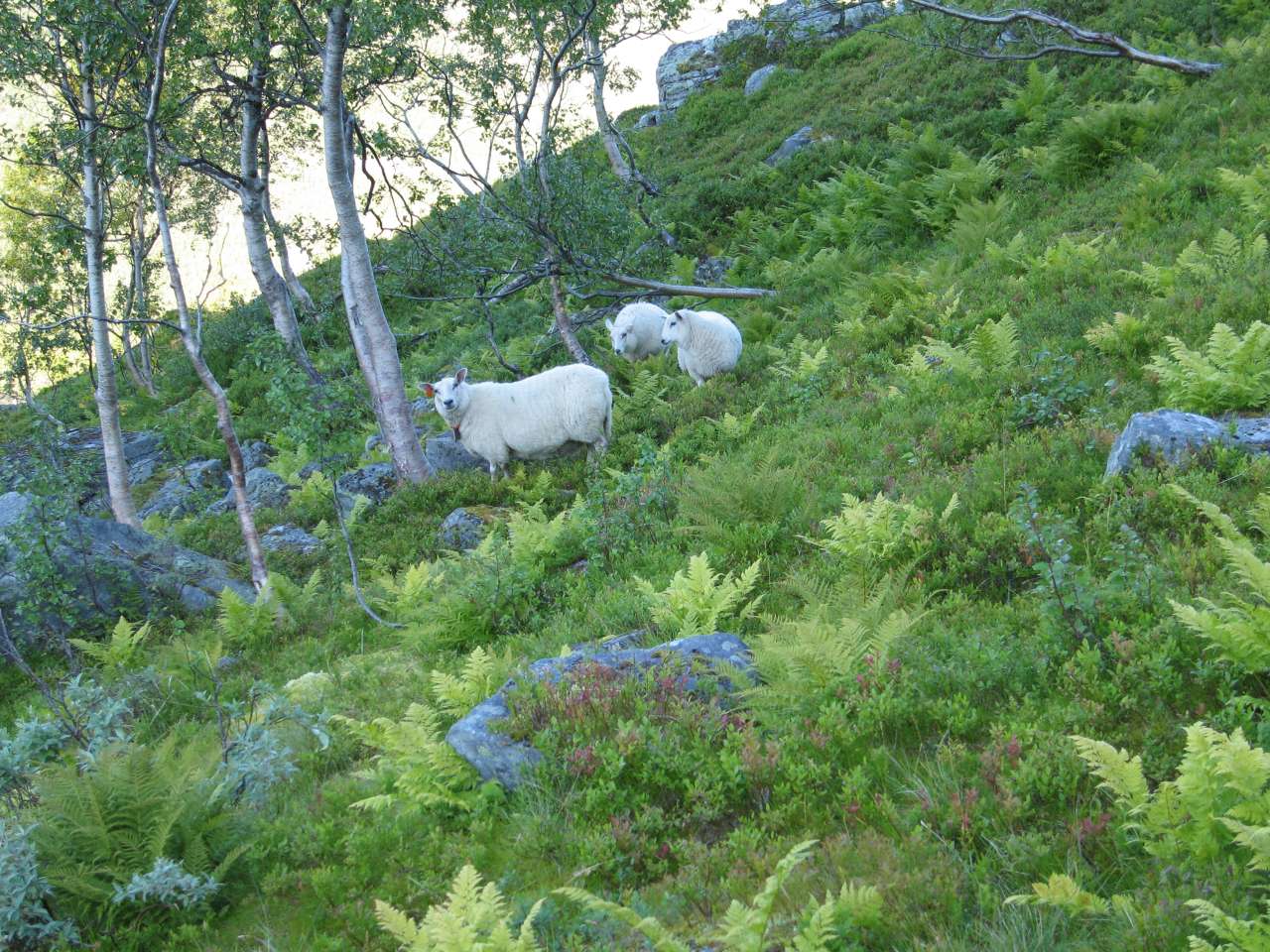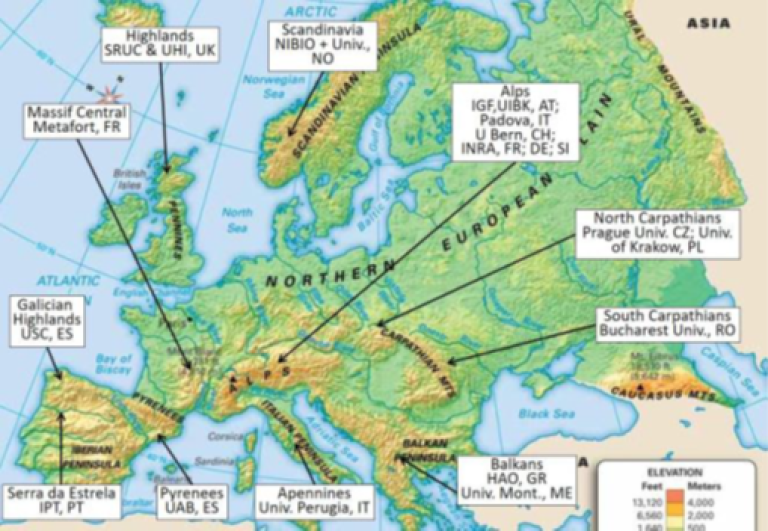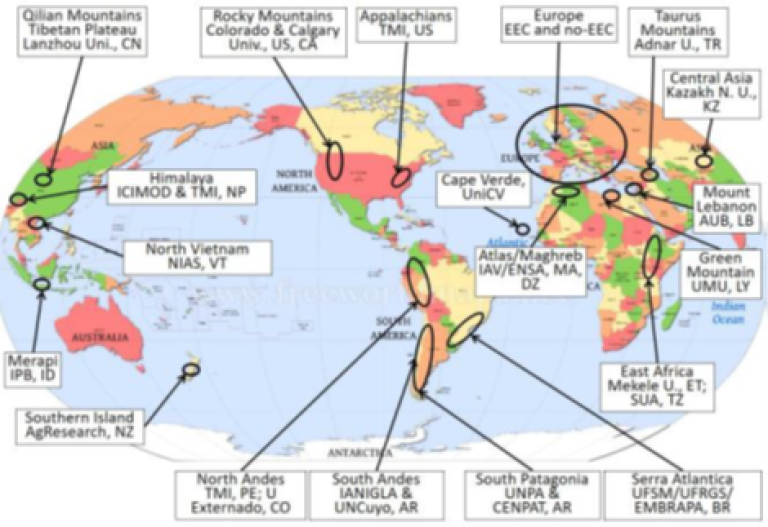Division of Food Production and Society
Collective Approach of Research and Innovation for Sustainable Development in Highland (HIGHLANDS3)

End: dec 2023
Start: jan 2020
The HIGHLANDS’ goal is to contribute to Inclusive Sustainable Development in Highlands (ISDH) through collective and impact-driven Research & Innovation (R&I), based on capacity building, sharing of local-global knowledge, experience, and tools.
| External project link | Project web site at Cristin |
| Start - end date | 01.01.2020 - 31.12.2023 |
| Project manager | Oliver Bender, Austrian Academy of Sciences |
| Project manager at Nibio | Vibeke Lind |
| Division | Division of Food Production and Society |
| Department | Grassland and Livestock |
It will drive a co-innovation process through secondments and research and innovative sessions (R&IS) involving public/private and non-academic partners, to build a shared vision of ISDH, enhance the capacities of researchers, managers, users, policymakers, thus bridging the gap between research and development. Our activities will be organized in 5 integrated work packages (WP):
- Coordination & management (WP1)
- Methodology & capacity building for ISDH (WP2)
- Analysis, comparison and modelling of ISDH (WP3)
- Building a multi-actor ISDH Decision-Support Platform (DSP) (WP4)
- Communication, Dissemination & Exploitation of results (WP5).
HIGHLANDS is supported by a network of 43 institutions including 31 partners from Europe (~35% non-academic), and skilled and motivated female and male researchers and local
stakeholders. The work plan will run 8 successive R&IS (5 in Europe, 3 outside) to promote the exchange among participants as a foundation for innovation.
Each R&IS will build upon collective learning principles and a holistic systemic approach, exposing participants to a wide range of world views that will encourage experimentation with practice. Each R&IS will focus on a particular aspect of sustainable highland development and will include collective learning, collaborative research, and capacity-building on data collection/analysis, modeling.
To complement the R&IS, long-term secondments will be implemented for researchers and practitioners to deeply train and work together on specific issues identified by the consortium. Collected data on ISDHs will be stored in an online collaborative and interactive decision-support platform that will then be transferred to existing mountain networks.


